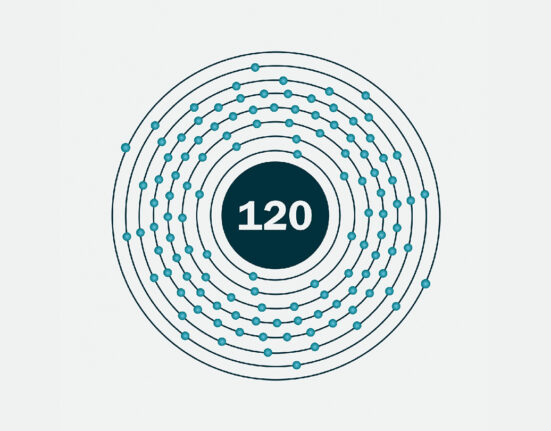bacteria: (singular: bacterium) Single-celled organisms. These dwell nearly everywhere on Earth, from the bottom of the sea to inside other living organisms (such as plants and animals). Bacteria are one of the three domains of life on Earth.
DNA: (short for deoxyribonucleic acid) A long, double-stranded and spiral-shaped molecule inside most living cells that carries genetic instructions. It is built on a backbone of phosphorus, oxygen, and carbon atoms. In all living things, from plants and animals to microbes, these instructions tell cells which molecules to make.
Klebsiella: A type of bacteria that is becoming increasingly resistant to antibiotics. In people, infections with this germ can lead to pneumonia, meningitis (an inflammation of the three membranes (meninges) that protect the brain and spinal cord), and bloodborne disease. It is often spread through contact with the feces of an infected individual or contaminated food.
immune: (v.) Able to ward off a particular infection. Alternatively, this term can be used to mean an organism shows no impacts from exposure to a particular poison or process. More generally, the term may signal that something cannot be hurt by a particular drug, disease or other threat.
microbe: Short for microorganism. A living thing that is too small to see with the unaided eye, including bacteria, some fungi and many other organisms such as amoebas. Most consist of a single cell.
microbiologist: Scientists who study microorganisms, the infections they might cause or ways that they can interact with their environment.
microwaves: An electromagnetic wave with a wavelength shorter than that of normal radio waves but longer than those of infrared radiation (heat) and of visible light.
radiation: (in physics) One of the three major ways that energy is transferred. (The other two are conduction and convection.) In radiation, electromagnetic waves carry energy from one place to another. Unlike conduction and convection, which need material to help transfer the energy, radiation can transfer energy across empty space.
strain: (in biology) Organisms that belong to the same species that share some small but definable characteristics. For example, biologists breed certain strains of mice that may have a particular susceptibility to disease. Certain bacteria or viruses may develop one or more mutations that turn them into a strain that is immune to the ordinarily lethal effect of one or more drugs. (in medicine) Stretching or tearing of muscle or tendons, which are the fibrous bands that connect muscle to bone.
stress: (in biology) A factor — such as unusual temperatures, movements, moisture or pollution — that affects the health of a species or ecosystem.













